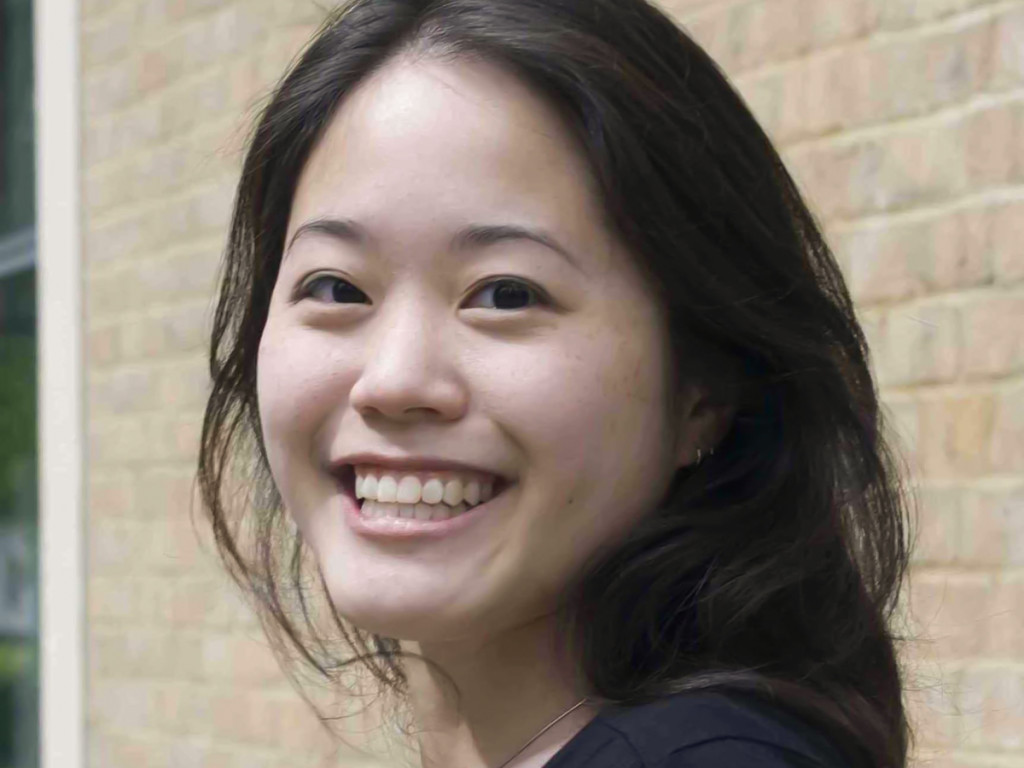
Research done by UCR professor of psychology Rachel Wu and published in the journal “Attention, Perception, & Psychophysics,” found that attention can be improved through gaining new knowledge and constructing categories that organize the information.
Wu’s approach to her study was focused on how one learns what they’re looking for as opposed to how fast a participant can find an object. “The idea is that (the knowledge) has to come from somewhere; you’re not just born with this familiar knowledge. So you develop the knowledge by learning rules and learning how things go together and then you can use that to help you,” said Wu. Her particular study informed participants that to find aliens with distinct markings communicated that they belonged to either family A or family B. The students were then asked to find aliens that belonged to a certain family and were able to do so within the 200-millisecond window of time.
“Attention is not a thing to train. It’s an outcome of learning and knowledge,” stated Wu. Her research, part of a larger study conducted in the last two years, found that attention can be improved through the acquisition of new knowledge and the subsequent creation of categories or “chunks” that help organize the items. Past studies asked students to find particular items on a computer screen and measured their brain activity to see how quickly they could find a particular object. Participants were able to find one object in about 200 milliseconds. When asked to find four or more unrelated objects, the participants were slower in their findings.
While Wu sees her research findings as obvious in linking attention with the acquisition of new knowledge, she countered, “If it was so obvious then we wouldn’t have attention-training games like Lumosity.” The company that invented the app, Lumos Labs Inc., falsely claimed that the use of their app was conducive to cognitive health and performance and was challenged by the United States Federal Trade Commission (FTC) earlier this year. Ultimately, the company settled for a $2 million fine by the FTC after the original $50 million fine was suspended due to the “financial condition” of the company.
Though the concept of “chunking” or grouping related items into one category has been known for decades by the scientific community to improve memory, the findings in Wu’s research show that it can also be used to improve attention. Wu’s advice for students who wish to practically apply her findings emphasized the importance of “chunking,” stating, “You can really understand concepts well if you can chunk a lot of information together into one coherent unit. If you’re just learning a lot of scattered information — and don’t know how they relate together … you’re not going to do very well in life … There’s no shortcut besides really understanding the material and building the chunks by yourself.”
Along with fellow professor of psychology John Franchak, Wu was awarded the 2015 Rising Star designation from the Association for Psychological Science, which is presented to psychological scientists whose work has already advanced the field and exhibits great potential.








